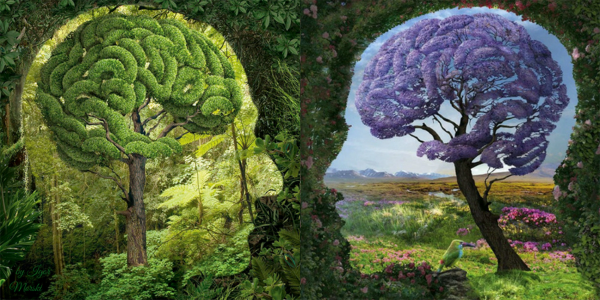
Arguments about human nature have been the central focus of philosophy for centuries
Human nature is a concept that denotes the fundamental dispositions and characteristics including ways of thinking, feeling, and acting that humans are said to have naturally. The term is often used to denote the essence of human kind, or what it means to be human. This usage has proven to be controversial in that there is dispute as to whether or not such an essence actually exists.
Arguments about human nature have been the central focus of philosophy for centuries and the concept continues to provoke lively philosophical debate. The concept also continues to play a role in academic fields, such as both the natural and the social sciences, and philosophy, in which various theorists claim to have yielded insight into human nature.
Human nature is traditionally contrasted with human attributes that vary among societies, such as those associated with specific cultures. The concept of nature as a standard by which to make judgments is traditionally said to have begun in Greek philosophy, the particular approach that come to be dominant was that of Aristotle’s teleology, whereby human nature was believed to somehow exists independently of individuals, causing humans to simply become what they become.
Human nature is traditionally contrasted with human attributes that vary among societies, such as those associated with specific cultures
This in turn has been understood as also demonstrating a special connection between human nature and divinity, where by human nature is understood in terms of final and formal causes. More specifically, this perspective believes that nature itself (or a nature-creating divinity) has intentions and goals, including the goal for humanity to live naturally. Such understanding of human nature sees this nature as an “idea”, or “form” of a human. However, the existence of this invariable and metaphysical human nature is subject of much historical debate, continuing into modern times. Against Aristotle’s notion of a fixed human nature, the relative malleability of man has argued specifically strongly in recent centuries. firstly by early modernists such as Thomas Hobbes, John Hocke and Jean-Jacques Rousseau in his Emile or on Education, Rousseau wrote: “we do not know what our nature permits us to be” since the early 19th century, such thinkers as Hegel, Darwin, Freud, Marx, Klerkegaurd, Nietzche, and Sartre, as well as Structuralists and postmodernists more generally have argued against a fixed human nature. Charles Darwin’s theory of evolution has particularly changed the shape of the discussion supporting the proposition that mankind’s ancestors were not like mankind today as in much of modern sciences such theories seek to explain with little or no resource to metaphysical causation. They can be offered to explain the origins of human nature and its underlying mechanisms or to demonstrate capacities for change and diversity which would arguably violate the concept of a fixed nature.
Haani Mustafa
Karachi Sindh